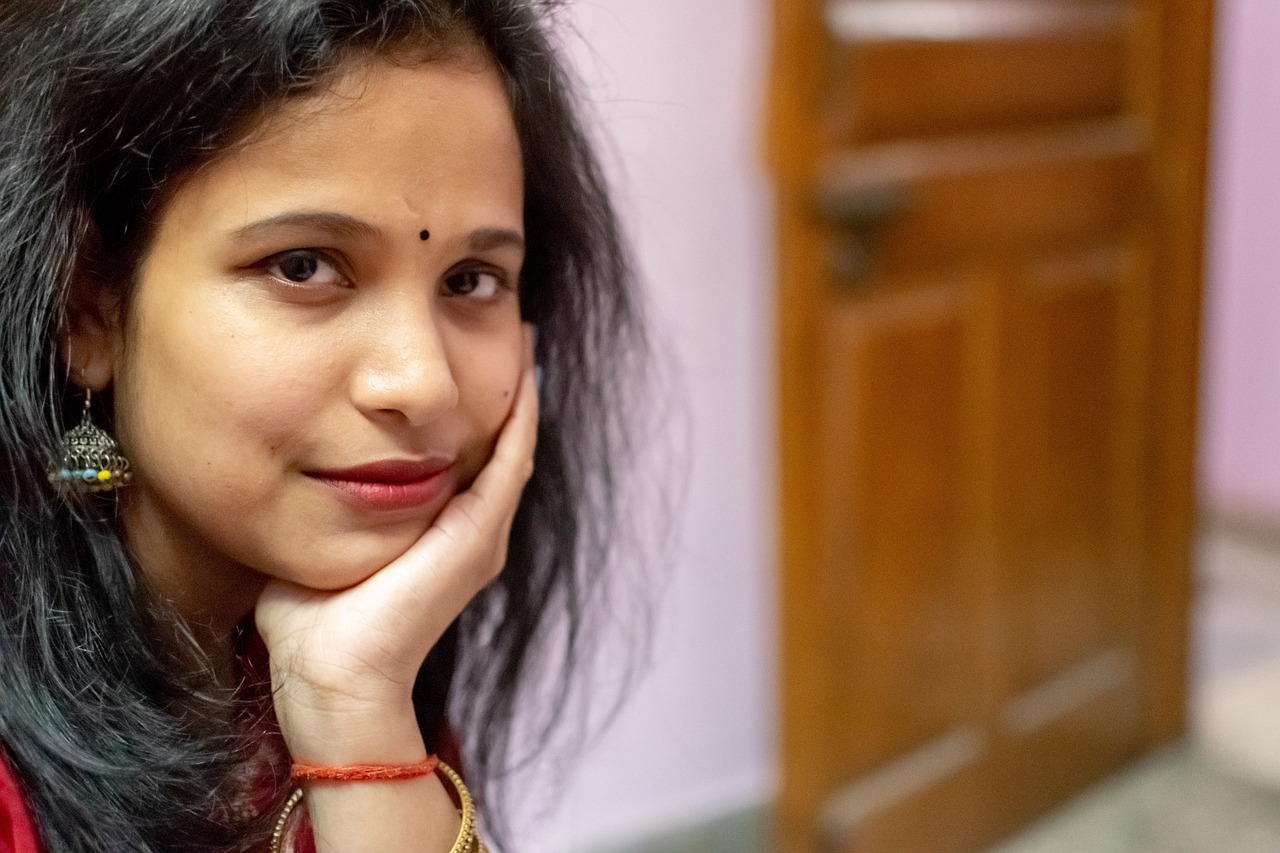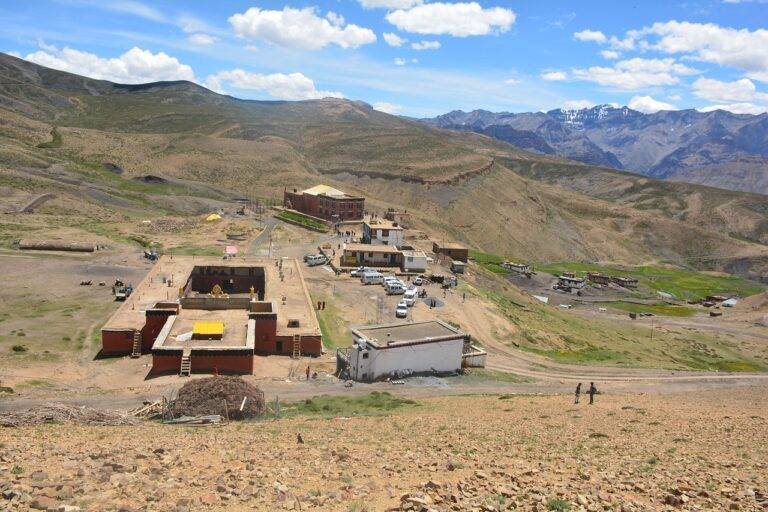Election Observation: Assessing Fairness and Legitimacy
Election observation is a crucial process that involves monitoring electoral events to ensure transparency and fairness in the electoral process. It encompasses the deployment of observers who objectively assess the conduct of elections, including pre-election activities, voting procedures, and the tabulation of results.
This monitoring is conducted by various entities, such as domestic organizations, international institutions, and non-governmental organizations, with the goal of providing an independent and credible assessment of the electoral process. The primary aim of election observation is to support the integrity of elections, promote democracy, and enhance public confidence in the electoral process.
Historical Background of Election Observation
Election observation dates back to the early 20th century when it was first introduced to ensure fair and transparent electoral processes. The practice gained momentum following World War II, as countries around the world aimed to promote democracy and uphold the right to free and fair elections. The presence of election observers became crucial in monitoring and reporting on the conduct of elections, contributing to the credibility of the electoral process.
Over time, election observation has evolved to encompass various aspects such as assessing the legal framework, observing the pre-election environment, monitoring voting procedures on election day, and evaluating post-election developments. The presence of international election observers has been instrumental in enhancing the legitimacy of election outcomes and promoting democratic principles globally. As the significance of election observation continues to grow, international organizations play a key role in coordinating and deploying observation missions to support the democratic process in countries facing electoral challenges.
Role of International Organizations in Election Observation
International organizations play a crucial role in election observation across the globe. These organizations provide expertise, logistical support, and legitimacy to the observation process. By deploying international observers, they help ensure transparency, accountability, and fairness in the electoral processes of various countries.
Furthermore, international organizations collaborate with local stakeholders to assess the electoral environment, monitor voting procedures, and evaluate the overall integrity of elections. Their presence often serves as a deterrent to electoral fraud and human rights abuses, promoting democratic values and upholding the rule of law in the electoral context.
What is election observation?
Election observation is the process of monitoring and assessing the conduct of elections to ensure they are free, fair, and transparent.
What is the historical background of election observation?
Election observation dates back to the 19th century when international organizations began sending observers to monitor elections in different countries.
What is the role of international organizations in election observation?
International organizations play a crucial role in election observation by providing technical assistance, training observers, and coordinating observation missions to ensure the integrity of the electoral process.







